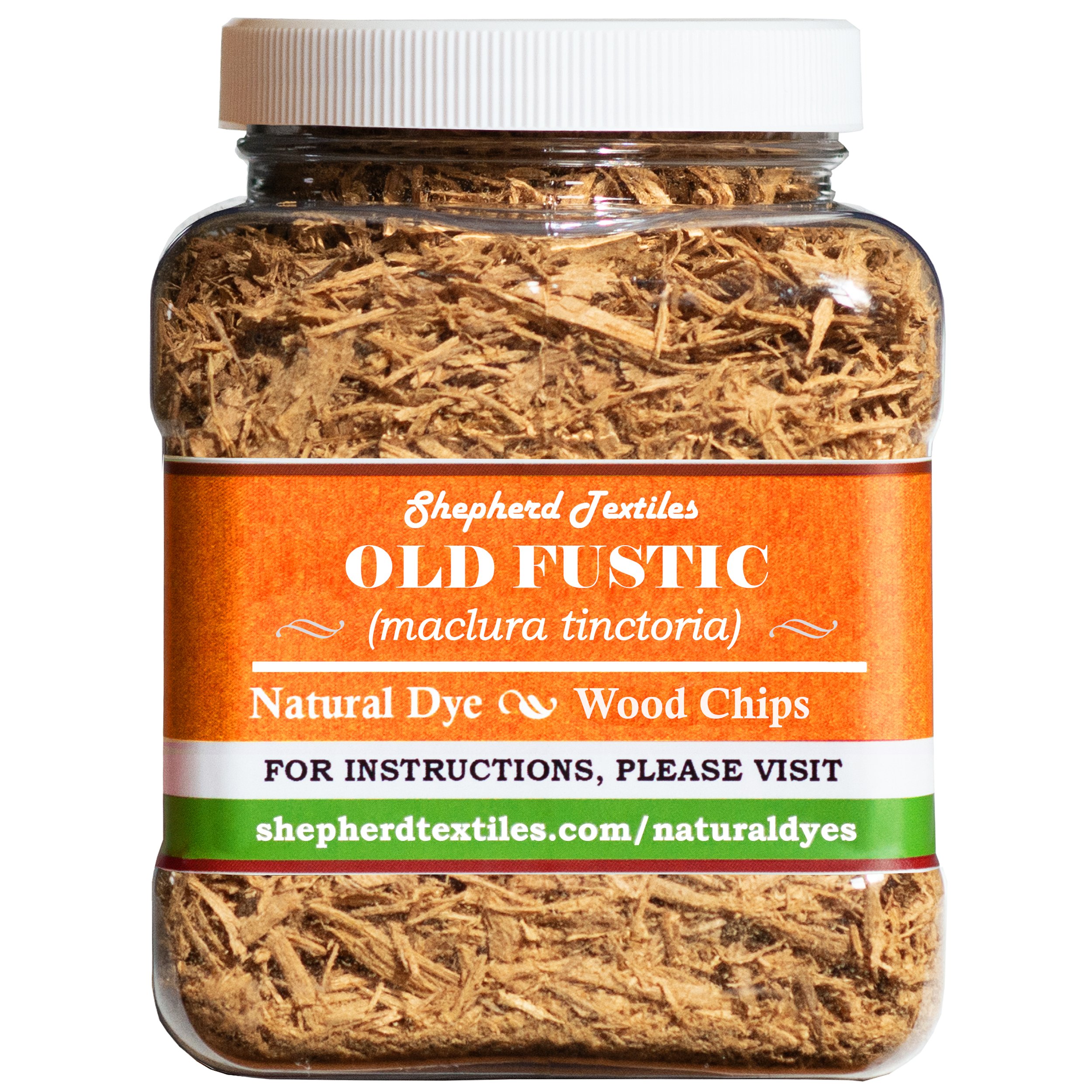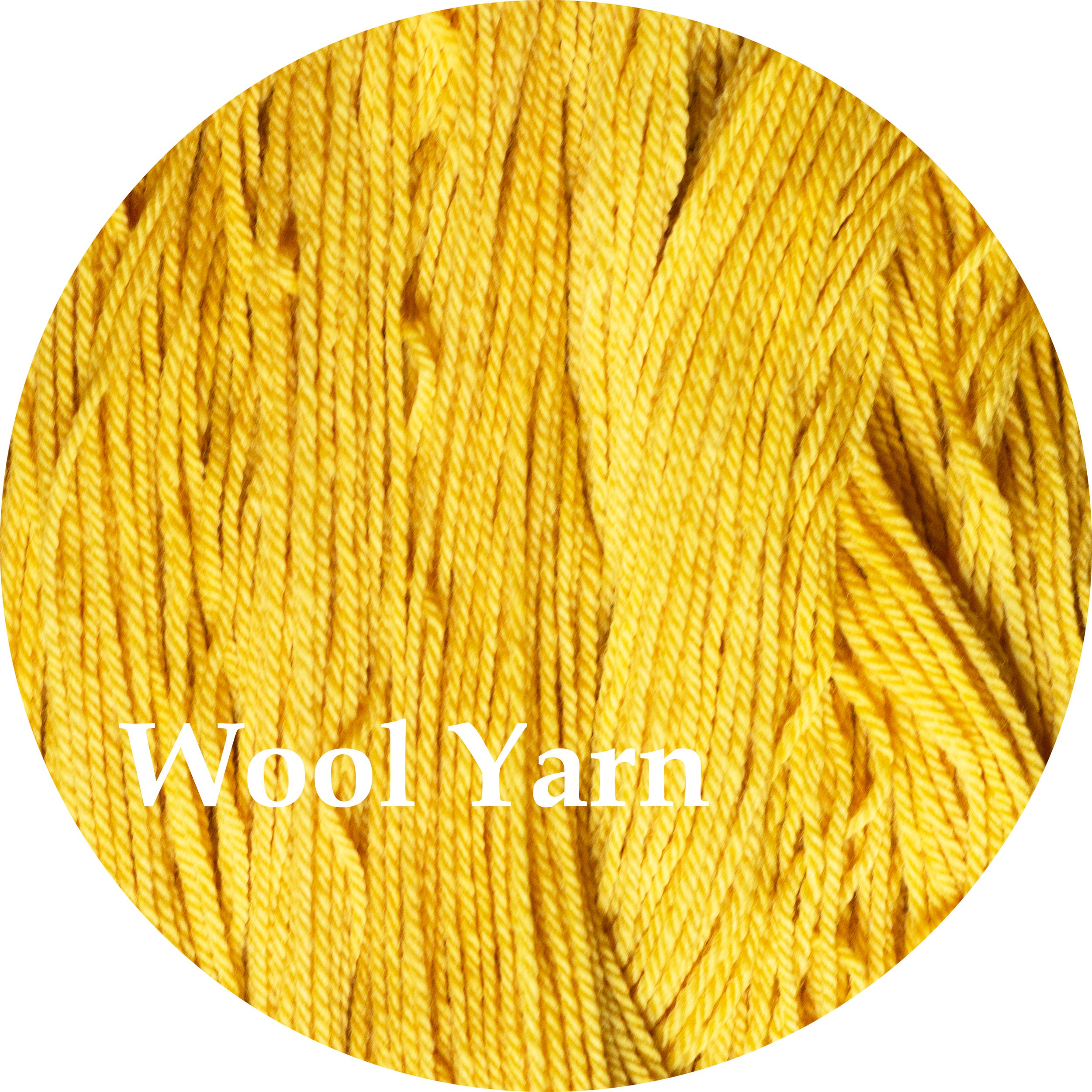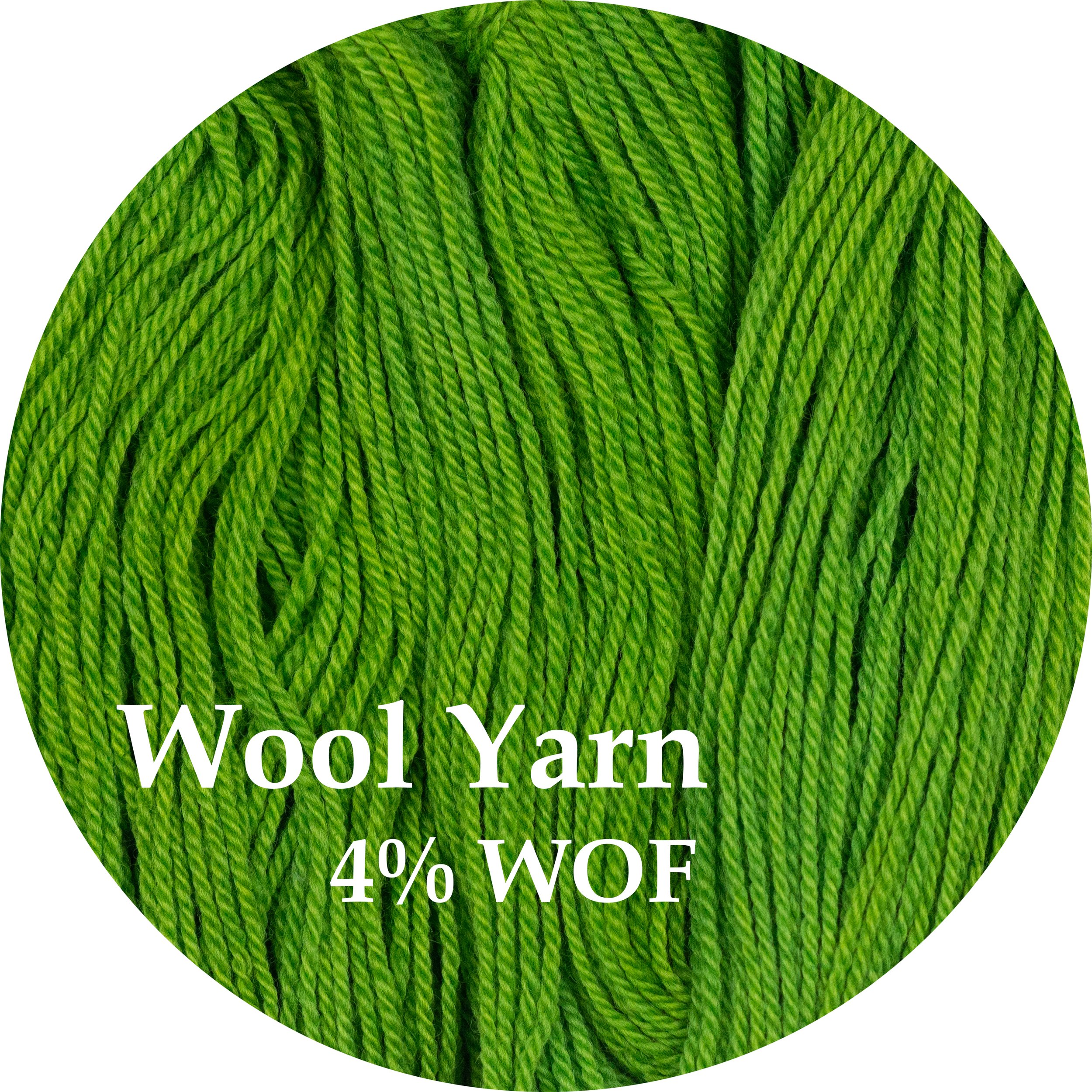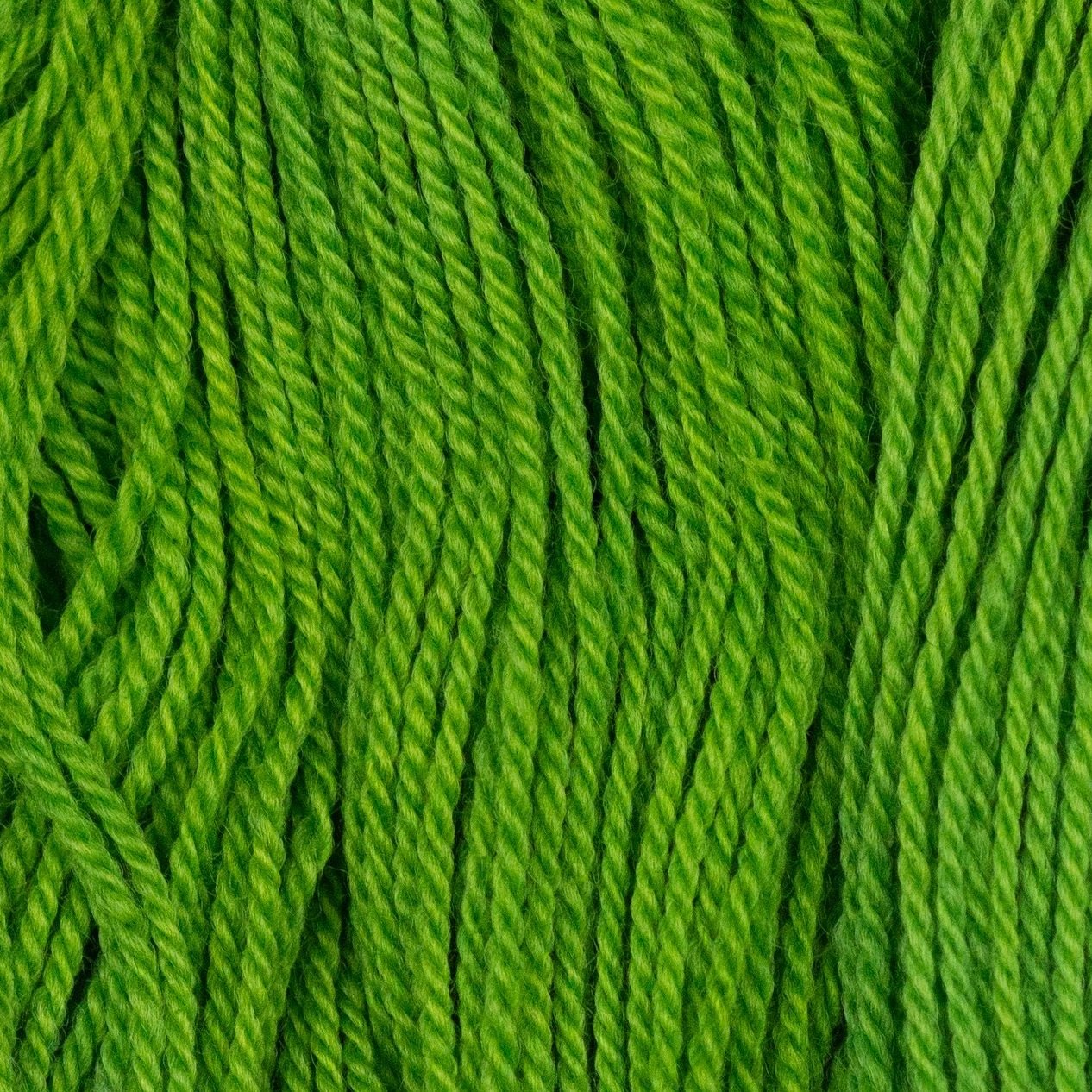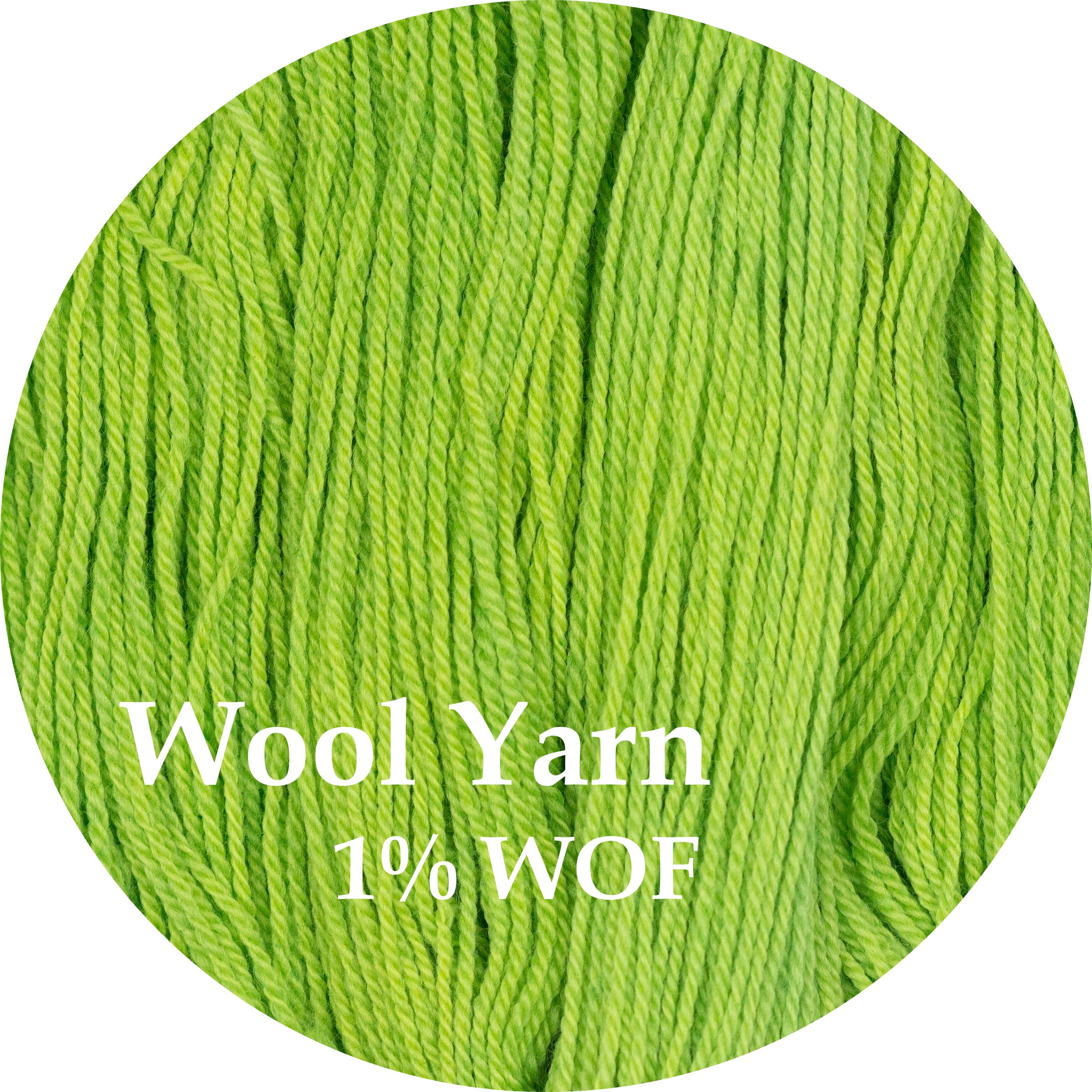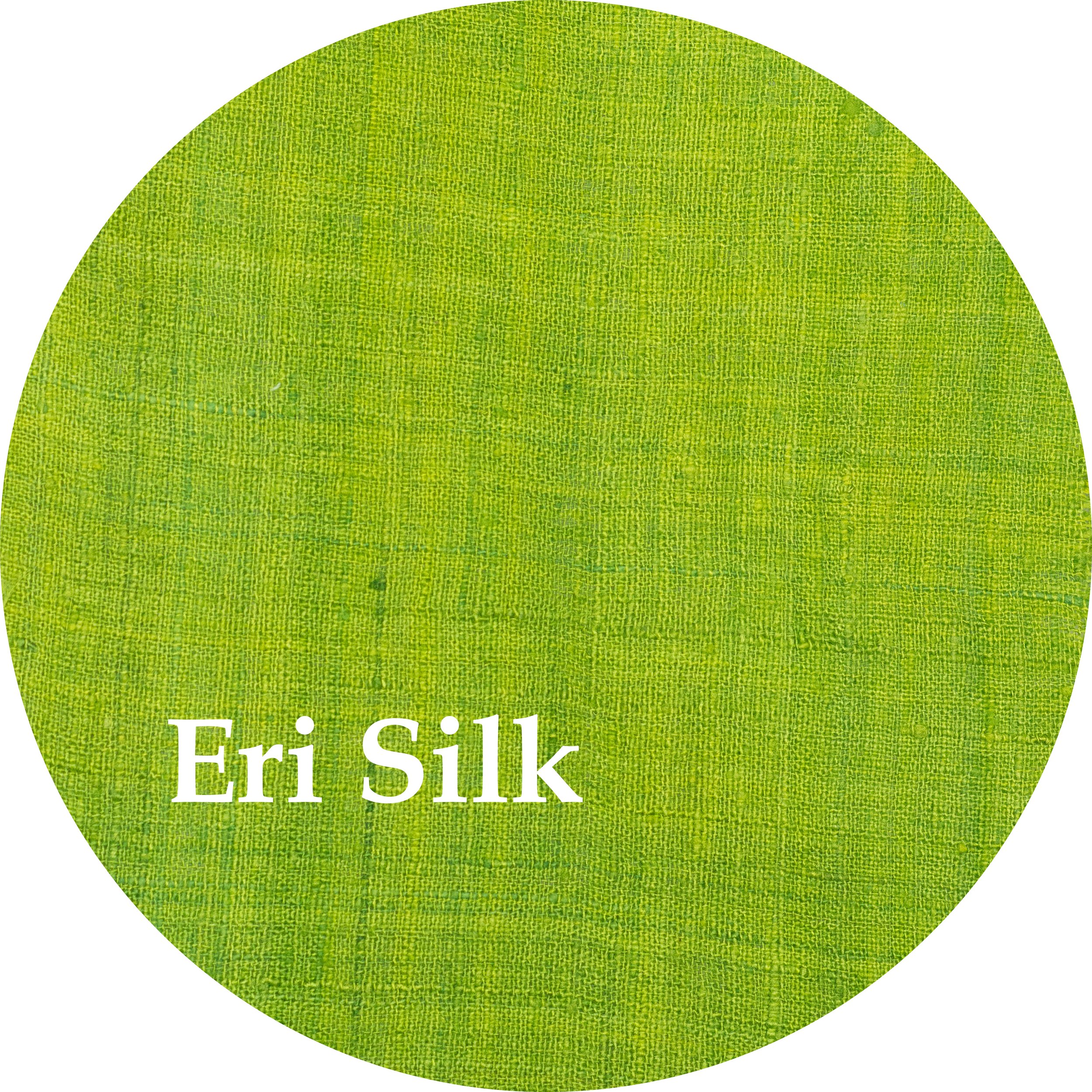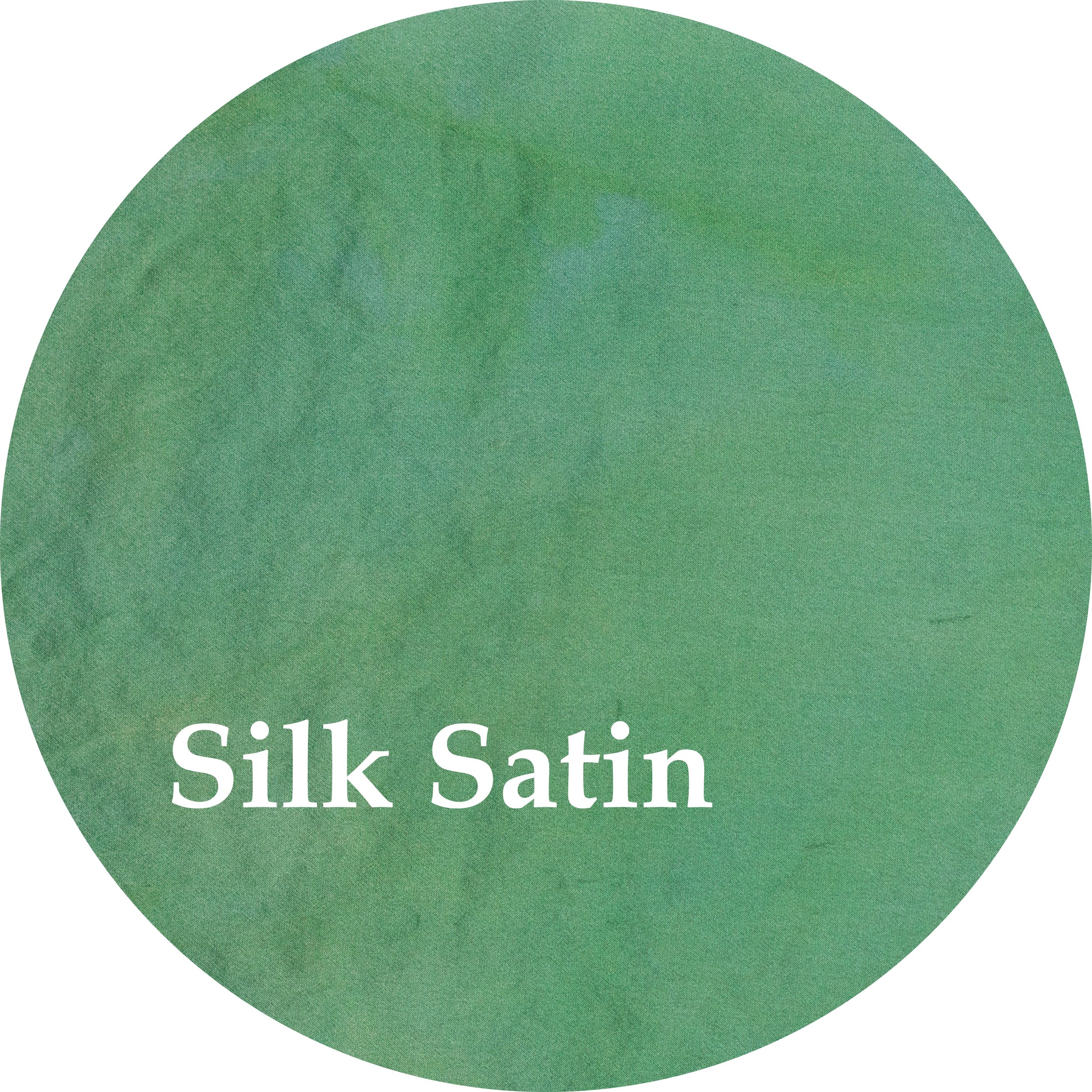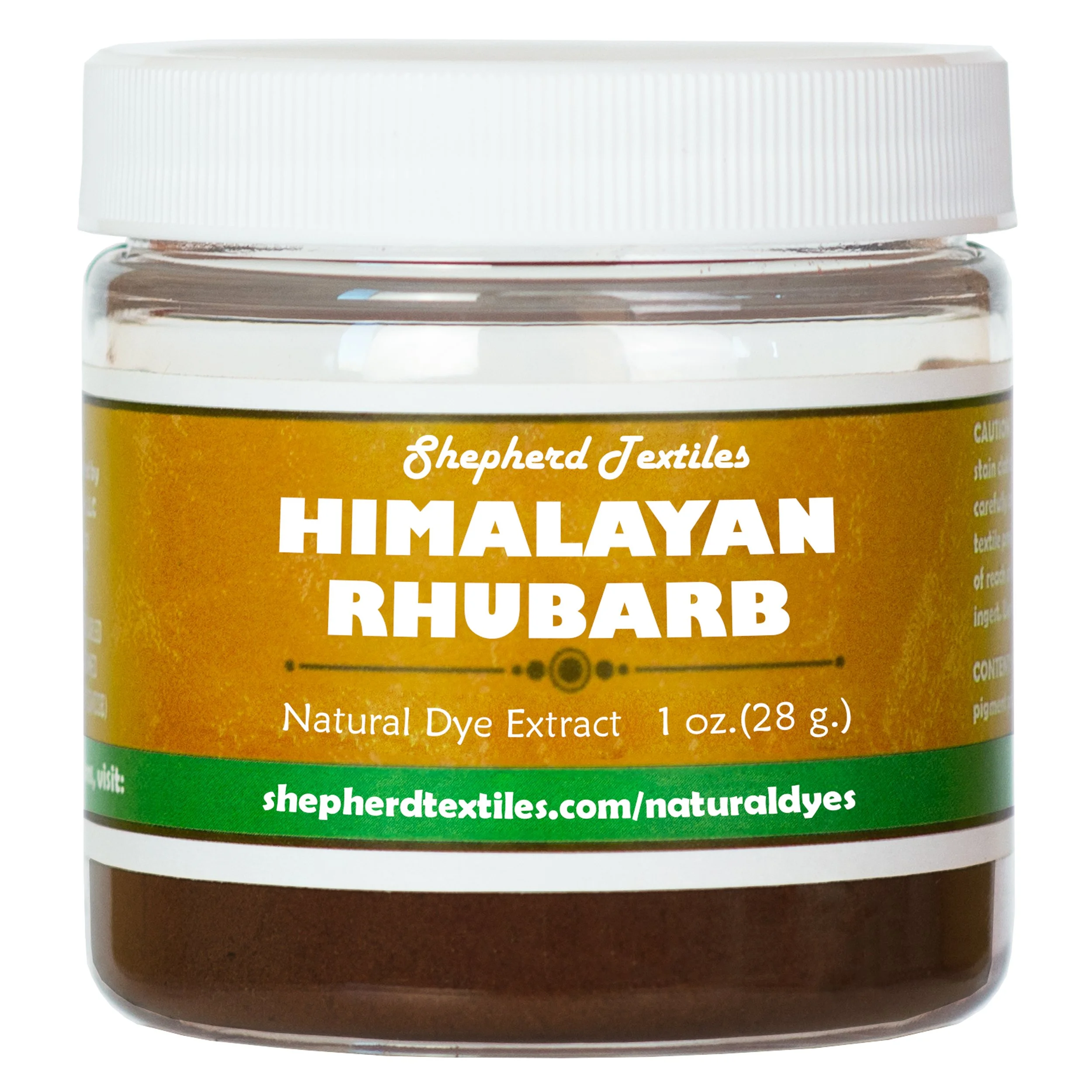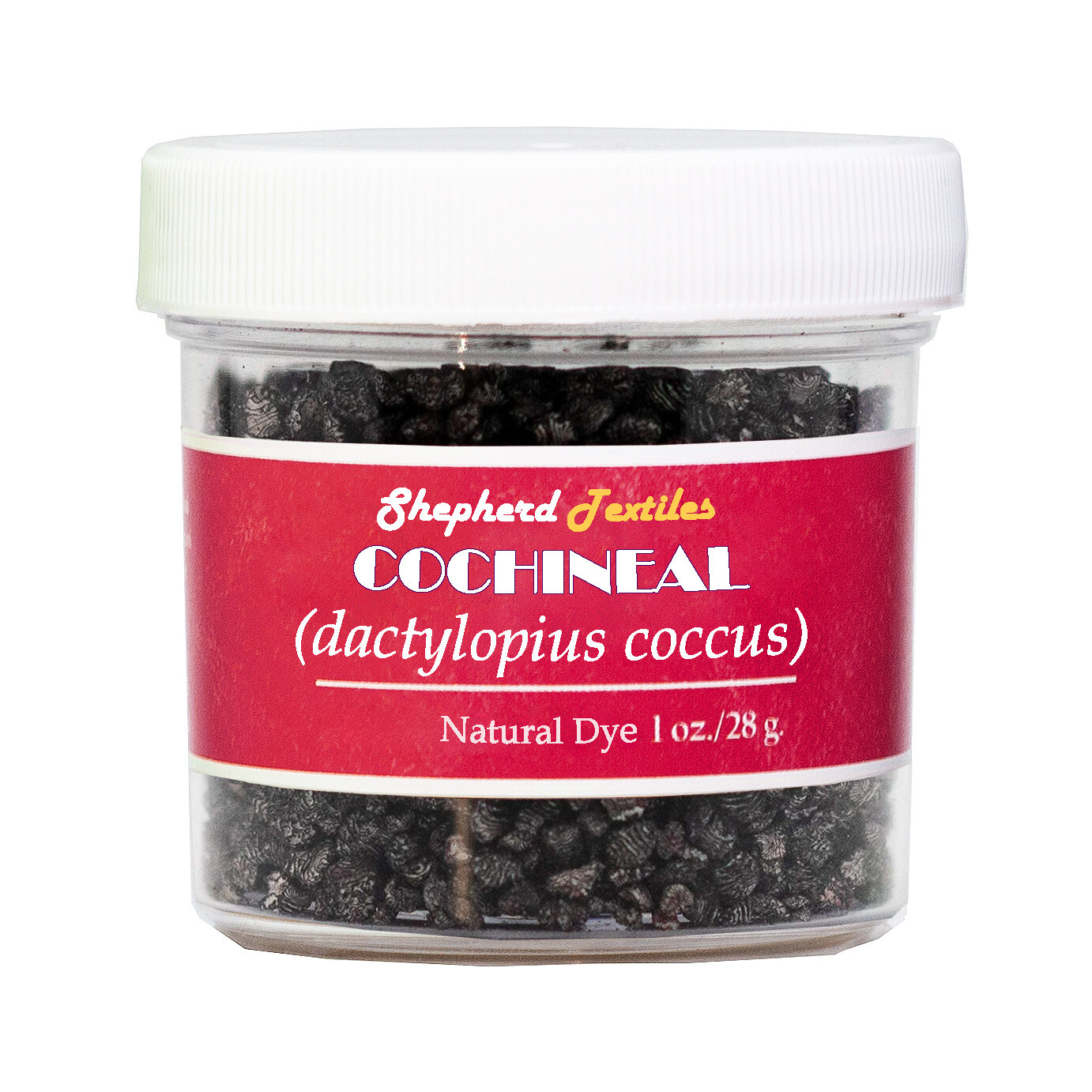 Image 1 of 6
Image 1 of 6

 Image 2 of 6
Image 2 of 6

 Image 3 of 6
Image 3 of 6

 Image 4 of 6
Image 4 of 6

 Image 5 of 6
Image 5 of 6

 Image 6 of 6
Image 6 of 6







Cochineal
Cochineal is a scale insect, dactylopius coccus, that grows on cactuses in the dry regions of Mexico and South America. Cochineal naturally produce carminic acid, which is one of the strongest and most color-fast natural dyes. It was used for centuries by pre-Columbian dyers, and it was coveted by European dyeing houses in the 17th and 18th centuries as a less fickle alternative to madder. Cochineal was even the source for the famous crimson red of the British Army’s “Redcoats” in the late 1700s. Carminic acid can produce an amazing range of colors, from pale pinks and magentas through to intense crimsons and dark purples. The major variable is PH. With an alum mordant, neutral PH produces purpleish mauves; alkaline PH shifts to dark purple; and adding cream of tartar to acidify the dyebath changes the color to cherry red. Crimson can be achieved by pre-mordanting with tin and cream of tartar. Cochineal can also be applied successfully to protein fibers without a mordant, although cotton will need to be properly tanned and mordanted for best results.
We import our cochineal direct from a farm in the high deserts of Peru, about an hour outside of Arequipa. It is harvested from prickly-pear cactuses that are grown without any pesticides or chemical fertilizers. It contains 24% carminic acid by weight, and is the strongest cochineal available on the market.
Before using, please read our Guide to Dyeing with Cochineal for color recipes, background, and safety information.
Cochineal is a scale insect, dactylopius coccus, that grows on cactuses in the dry regions of Mexico and South America. Cochineal naturally produce carminic acid, which is one of the strongest and most color-fast natural dyes. It was used for centuries by pre-Columbian dyers, and it was coveted by European dyeing houses in the 17th and 18th centuries as a less fickle alternative to madder. Cochineal was even the source for the famous crimson red of the British Army’s “Redcoats” in the late 1700s. Carminic acid can produce an amazing range of colors, from pale pinks and magentas through to intense crimsons and dark purples. The major variable is PH. With an alum mordant, neutral PH produces purpleish mauves; alkaline PH shifts to dark purple; and adding cream of tartar to acidify the dyebath changes the color to cherry red. Crimson can be achieved by pre-mordanting with tin and cream of tartar. Cochineal can also be applied successfully to protein fibers without a mordant, although cotton will need to be properly tanned and mordanted for best results.
We import our cochineal direct from a farm in the high deserts of Peru, about an hour outside of Arequipa. It is harvested from prickly-pear cactuses that are grown without any pesticides or chemical fertilizers. It contains 24% carminic acid by weight, and is the strongest cochineal available on the market.
Before using, please read our Guide to Dyeing with Cochineal for color recipes, background, and safety information.


